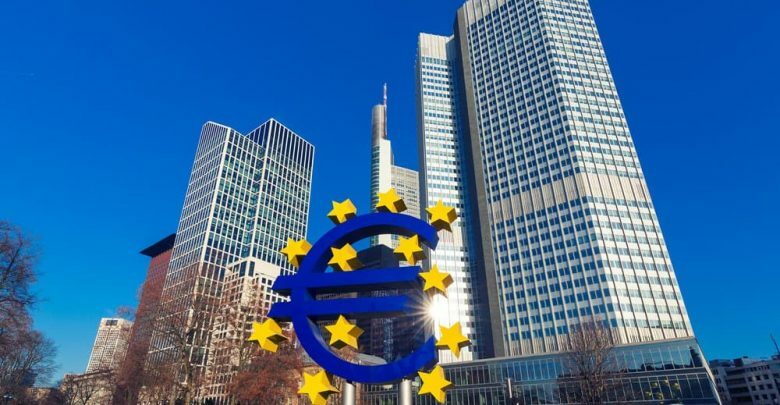ECB Working On A Harmonized Crypto Regulatory Framework

Since the inception of cryptocurrency, various national bodies have been gearing towards regulating the sector. The ECB (European Central Bank) is working to introduce a harmonized crypto regulatory growth for cryptocurrencies and their related activities in the European Union.
The ECB’s Regulatory Strategy For Crypto Assets
According to the regulator, it is finalizing numerous regulatory projects both at the international and European levels. However, it is uncertain when they will take effect.
On the 17th of August, the ECB highlighted its strategy for the creation of unified law to govern the usage of crypto assets in the EU. According to the regulatory agency, banks are still considering whether to offer digital assets services.
Therefore, it is the role of the ECB to ensure that it provides a safe environment for banks to do so. Also, the ECB said it is working with other nations’ watchdogs to provide regulation of high standards and consistency across countries.
“Currently, the EU does not have a unified law governing the crypto activities and its related services. However, this would change once we finalize the current regulatory proposals at the international and European level,” the ECB stated.
The agency also mentioned the long-awaited MiCA (markets in crypto-assets) bill that would regulate the cryptocurrency industry. Globally, the Basel Committee on Banking Supervision wants to issue guidelines for the exposure of banks to crypto.
The ECB Is Assessing Risks Associated With Crypto
The central bank also mentioned the diverse crypto regulatory framework in European countries. The conditions and criteria for obtaining a license in different countries are different. Therefore, the ECB is working towards harmonization.
Also, the central bank said it is evaluating the risks associated with crypto assets. According to the bank, crypto assets have certain risks, such as cyber and operational risks. These risks have manifested over the past months.
Additionally, the regulator stressed the need for internal governance processes to consider the AML (anti-money laundering) and CFT (combating financing of terrorist activities) risk profile of crypto.
Furthermore, in June, Christine Lagarde, President of the ECB, stated that DeFi and crypto assets pose huge threats to financial stability. According to her, this would concur if the crypto industry continues to grow and there is no regulation.
Hence, government bodies have to bridge the gap between the wider economy and the conventional financial sector. This would ensure people do not forsake traditional finance for nascent financial assets.
However, the central bank did not state when all these plans would take effect. Moreover, certain European nations complained that they cannot leave the crypto sector unregulated for now.
Tokenhell produces content exposure for over 5,000 crypto companies and you can be one of them too! Contact at info@tokenhell.com if you have any questions. Cryptocurrencies are highly volatile, conduct your own research before making any investment decisions. Some of the posts on this website are guest posts or paid posts that are not written by Tokenhell authors (namely Crypto Cable , Sponsored Articles and Press Release content) and the views expressed in these types of posts do not reflect the views of this website. Tokenhell is not responsible for the content, accuracy, quality, advertising, products or any other content or banners (ad space) posted on the site. Read full terms and conditions / disclaimer.







